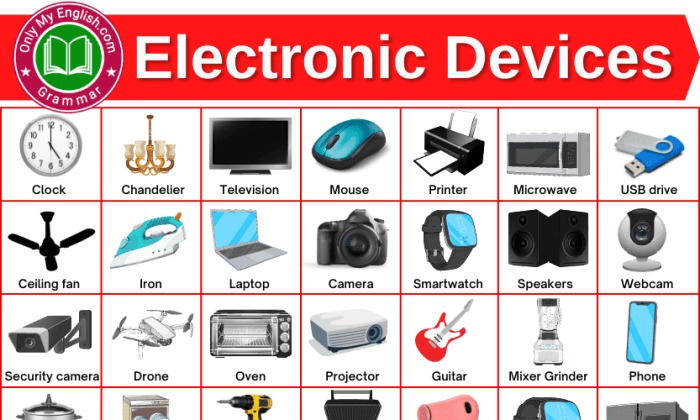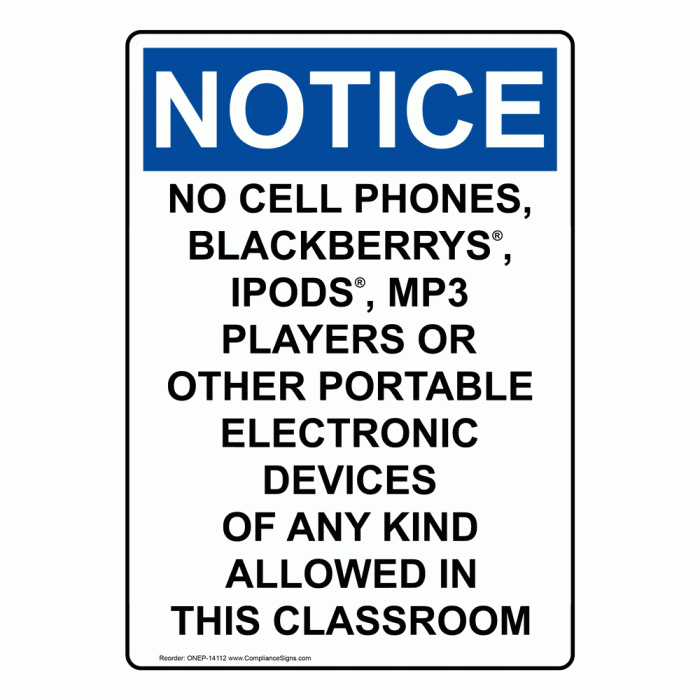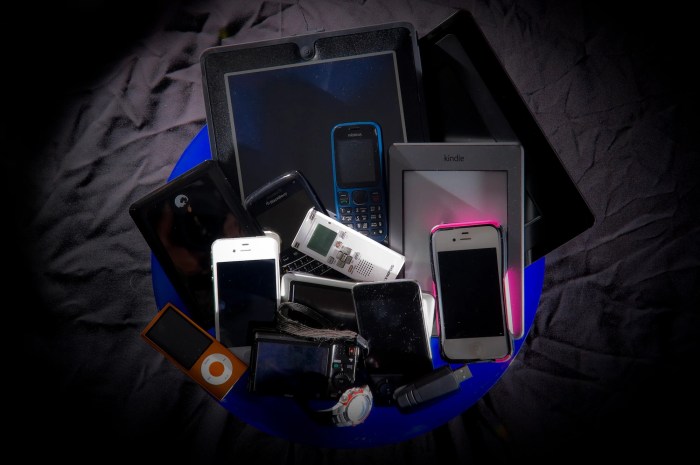The topic of what portable devices are permitted in a SCIF requires careful consideration, as it pertains to safeguarding sensitive information within controlled environments. This discussion delves into the specific types of devices allowed and prohibited within SCIFs, exploring the rationale behind these regulations and outlining the security measures necessary for device usage.
Understanding the guidelines and restrictions governing portable devices in SCIFs is crucial for ensuring compliance and maintaining the integrity of classified information.
Portable Devices Permitted in a SCIF

In a Sensitive Compartmented Information Facility (SCIF), the use of portable devices is strictly regulated to protect classified information. Specific types of devices are permitted based on their security features and the potential risks they pose.
Commonly permitted devices include:
- Laptops with built-in security features, such as encryption and access control
- Mobile phones without cameras or recording capabilities
- USB flash drives with write-protection
- External hard drives with encryption and password protection
These devices are permitted because they have limited functionality and can be effectively secured to prevent unauthorized access to sensitive information.
Restricted Devices in a SCIF

Certain types of portable devices are prohibited in a SCIF due to their potential to compromise classified information. These devices include:
- Personal laptops or mobile phones with unapproved software or applications
- Devices with cameras or recording capabilities
- Devices with Bluetooth or Wi-Fi connectivity
- Devices that are not government-issued or approved
These devices are prohibited because they can introduce security vulnerabilities, allowing unauthorized individuals to access or transmit classified information.
Device Security Measures

To ensure the security of portable devices in a SCIF, the following measures are required:
- All devices must be inspected and approved before entering the SCIF
- Devices must be encrypted and password-protected
- Only authorized software and applications may be installed on devices
- Devices must be monitored and inspected regularly for unauthorized access or use
Failure to comply with these measures can result in severe consequences, including disciplinary action or criminal charges.
Device Monitoring and Inspection

Portable devices in a SCIF are subject to regular monitoring and inspection to ensure compliance with security regulations. These procedures include:
- Random inspections of devices upon entering or leaving the SCIF
- Regular scans for unauthorized software or applications
- Monitoring of network activity to detect suspicious or unauthorized access
Unauthorized access or use of devices can result in the loss of classified information, damage to national security, and severe consequences for the individuals involved.
Policy and Procedures
The use of portable devices in a SCIF is governed by a comprehensive set of policies and procedures. These policies establish clear guidelines for:
- Permitted and restricted devices
- Device security measures
- Monitoring and inspection procedures
- Consequences of violating policies
Adhering to these policies and procedures is essential for maintaining the security of classified information and protecting national security.
Clarifying Questions: What Portable Devices Are Permitted In A Scif
Can laptops be used in a SCIF?
Yes, laptops may be permitted in a SCIF provided they meet specific security requirements, such as encryption and antivirus software.
What are the consequences of bringing a prohibited device into a SCIF?
Consequences can include disciplinary action, loss of access to SCIFs, and potential legal penalties.
How often should portable devices be inspected in a SCIF?
The frequency of inspections may vary depending on the sensitivity of the information handled in the SCIF, but regular inspections are generally recommended.